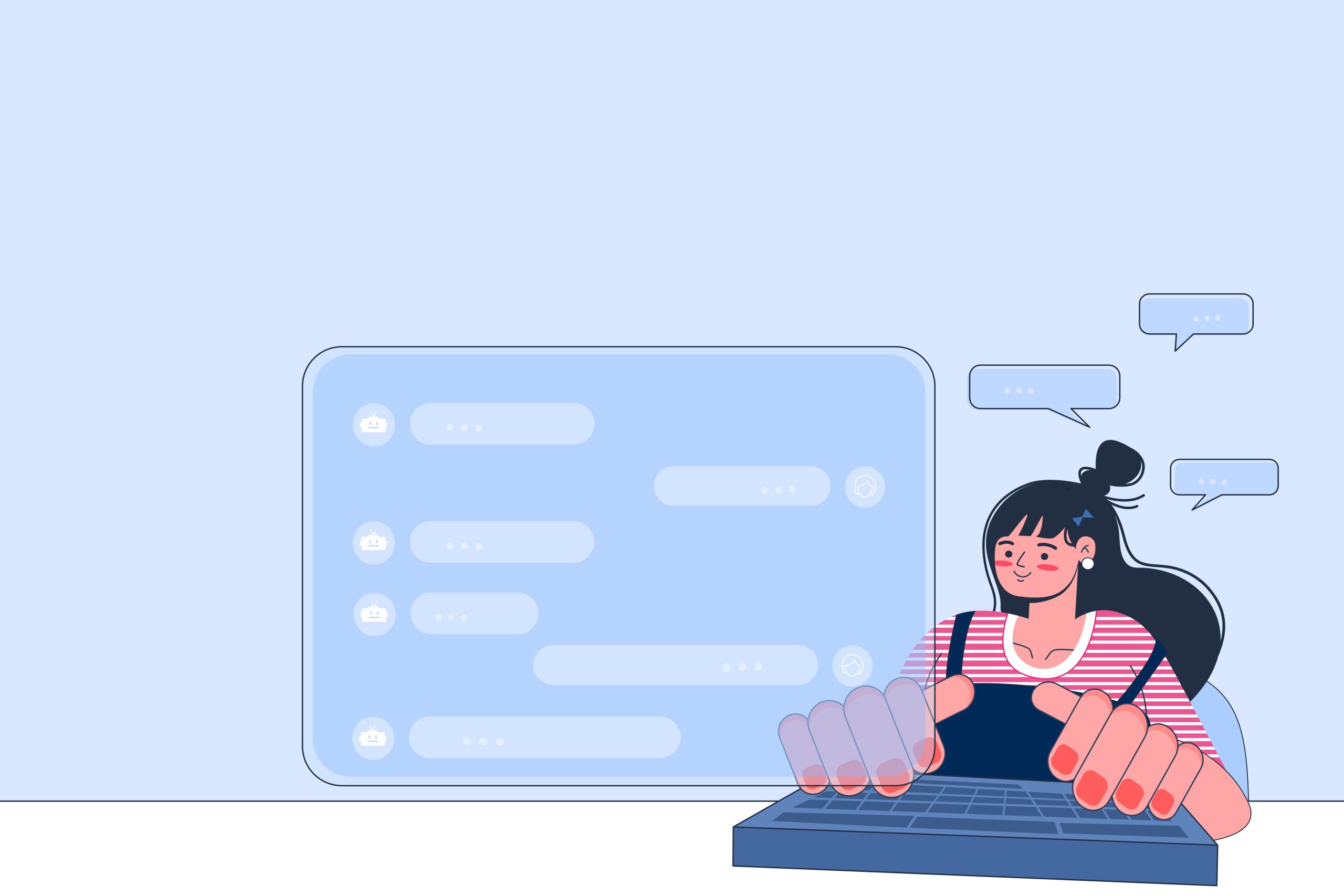Does AI actually help students learn? A recent experiment in a high school provides a cautionary tale.
Researchers at the University of Pennsylvania found that Turkish high school students who had access to ChatGPT while doing practice math problems did worse on a math test compared with students who didn’t have access to ChatGPT. Those with ChatGPT solved 48 percent more of the practice problems correctly, but they ultimately scored 17 percent worse on a test of the topic that the students were learning.
A third group of students had access to a revised version of ChatGPT that functioned more like a tutor. This chatbot was programmed to provide hints without directly divulging the answer. The students who used it did spectacularly better on the practice problems, solving 127 percent more of them correctly compared with students who did their practice work without any high-tech aids. But on a test afterwards, these AI-tutored students did no better. Students who just did their practice problems the old fashioned way — on their own — matched their test scores.



What do the results of the third group suggest? AI doesn’t appear to have hindered their ability to manage by themselves under test conditions, but it did help them significantly with their practice results. You could argue the positive reinforcement an AI tutor can provide during test preparations might help some students with their confidence and pre-exam nerves, which will allow them to perform closer to their best under exam conditions.
It suggests that the best the chatbot can do, after being carefully tailored for its job, is no better than the old methods (because the goal is for the students to be able to handle the subject matter without having to check every common operation with a third party, regardless of whether that’s a chatbot or a textbook, and the test is the best indicator of that). Therefore, spending the electricity to run an educational chatbot for highschoolers isn’t justified at this time, but it’s probably worth rechecking in a few years to see if its results have improved. It may also be worth doing extended testing to determine whether there are specific subsets of the student body that benefit more from the chatbot than others. And allowing the students to seek out an untailored chatbot on their own is strongly counterindicated.
I would like to see it compared with human tutors too. This could be a more affordable alternative for students who need help outside of the classroom but can’t afford paid tutoring.
Yess
Yep. But the post title suggest that all students who used ChatGPT did worse. Fuck this clickbait shit.